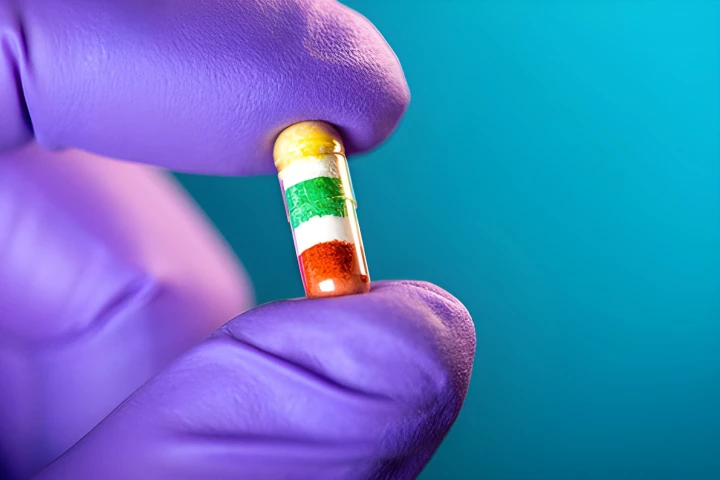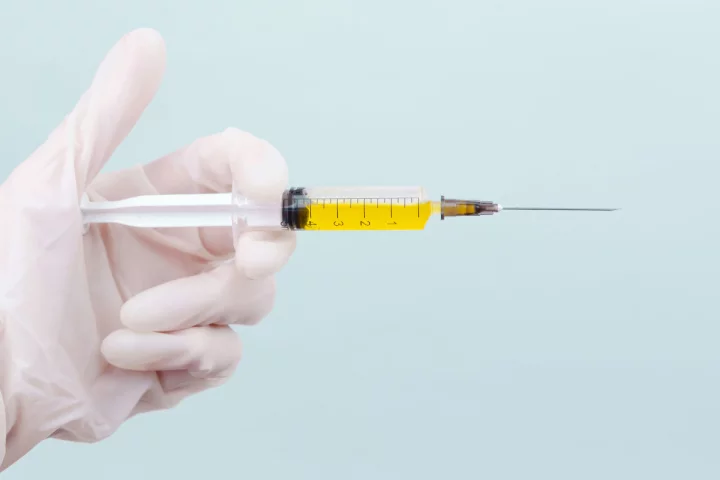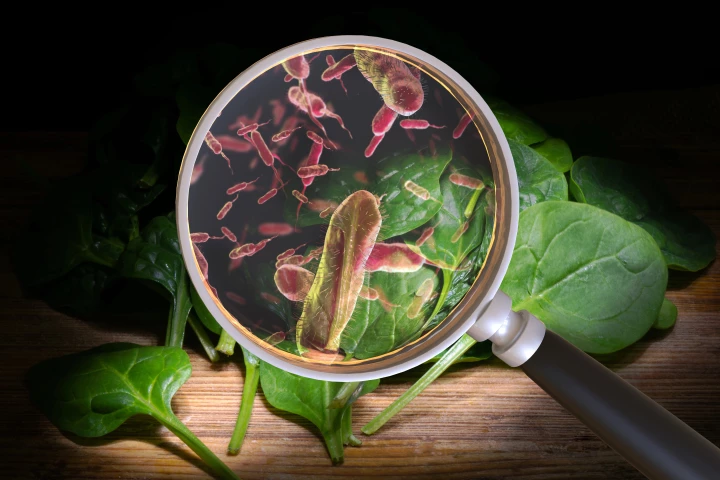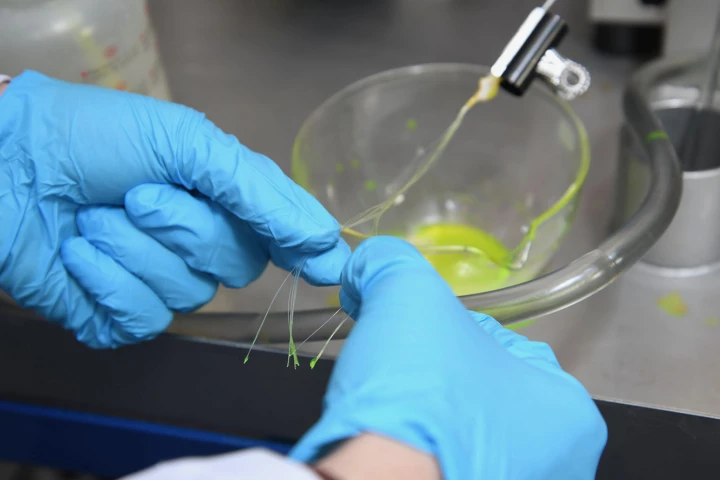Drug delivery
-
For some common medical conditions, timing is everything when it comes to taking medications. Now, a customizable capsule engineered at UC San Diego could simplify complicated dosing schedules thanks to a unique staged release system.
-
Injection needles can be scary, and the larger ones for longer-term medications are far more intimidating. Researchers have created a better way to deliver drugs into patients' systems, and it involves turning those drugs into tiny crystals.
-
We've almost all been hit with a horror stomach bug. At best, it's a 24-hour nightmare, and at worst it's deadly. But huge strides are being taken towards the first Salmonella and norovirus vaccines, which could make severe illness a distant memory.
-
Americans will soon have access to an infusion treatment that provides round-the-clock relief of Parkinson's symptoms. The US FDA has green-lit this innovative drug delivery system, which is expected to be available in the fourth quarter of 2025.
-
A couple of University of Nebraska professors have launched a startup company with the goal of bringing to market an innovative method for delivering drugs and other therapeutics to targeted locations in the human body. The key ingredient? Milk.
-
Whether a medication is taken orally or intravenously, it ends up traveling throughout the body instead of going solely to the place it's needed. Such could soon no longer be the case, however, thanks to a new microparticle that looks like a flower.
-
A peptide hormone produced in the brain that triggers physiological changes in reproduction has been 'hacked' to create an effective, safe and non-invasive way to treat chronic gut pain. Scientists are calling it an entirely new class of painkiller.
-
In what's been called "a medical breakthrough on the verge of happening," scientists have built a soft robot with the capacity to carry different types of drugs through the body – in a device the size of a grain of rice, steered by magnetic fields.
-
Taking a pill is the easiest, least invasive way to take medicine, but sadly not all drugs work that way. Now, Stanford scientists have found “an embarrassingly simple solution” that could make almost any drug molecule effective in oral pill form.
-
While topically-applied medications do help alleviate various skin conditions, they'd be even more effective if they could better penetrate the skin's surface. Newly developed nanoceramic "stars" may one day help, by poking tiny holes in the skin.
-
Researchers have developed technology that creates nanoscale sacs containing a compartment within a compartment, like a Russian matryoshka doll. The novel tech is capable of delivering two drugs simultaneously or at different times.
-
Swiss scientists have developed textile fibers that can be loaded up with just about any drug, then used to dispense that medication right where it's needed in the body. The fibers could be utilized in sutures or bandages, or implanted on their own.
Load More











